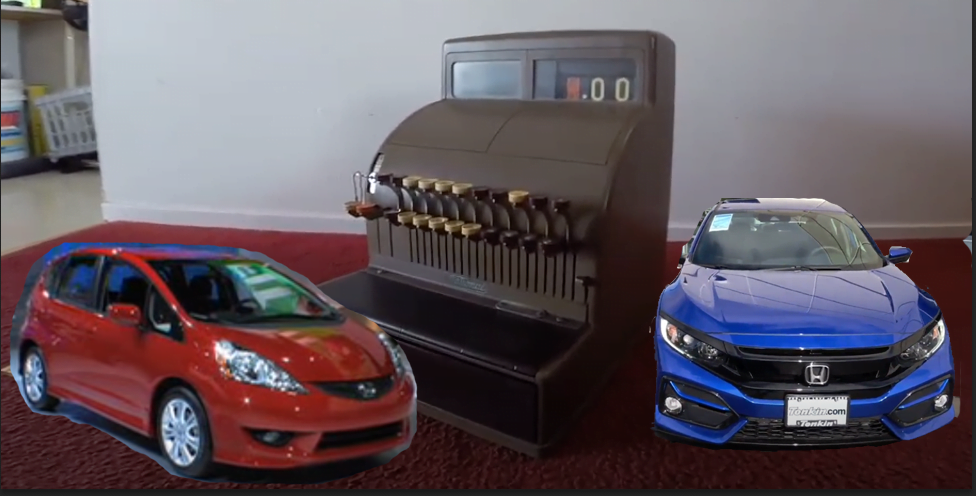Most of us have been surprised by our electric bills at some point. During Michigan’s cold winters and hot summers, our heating and cooling systems often work overtime. You may have asked yourself: what are the benefits of solar energy?
While you may already know basic facts about solar energy, the amount of information available can sometimes seem overwhelming. Furthermore, tax credits and other government policies regarding renewable energy sources can differ from state to state.
In spite of the fact that going solar can seem confusing, there are many benefits. There are five easy-to-understand benefits of Michigan solar energy, no matter what your main motivation is – whether it’s environmental, financial, economic, or something else.
Table of Contents
1. Environmental Impact
There’s a good chance you think about solar power’s environmental impact when you think about it. Solar energy is a renewable energy source, unlike fossil fuels, which produced 65% of America’s electricity in 2018. Energy.gov provides the following statistics about solar energy and the environment:
The lifecycle emissions of greenhouse gases and harmful pollutants produced by solar energy are significantly lower than those produced by fossil fuels. In addition to reducing future health and environmental damages, solar power could prevent 25,000–59,000 premature deaths.
Putting solar panels on 0.6% of the United States’s land area could power the entire country.
2. Save Money On Your Electric Bill
Do you remember when you first thought about switching to solar power? If the environment wasn’t your primary motivation, that’s okay. Going solar can have a significant impact on your electric bill.
In 2019, the average American family spent $1,408 on electricity. Solar power, on the other hand, allows you to generate your own electricity. The result can be lower electric bills or even no electric bills at all.
The average Michigan customer can expect to save $1,535 per year by switching to Michigan solar power, according to EnergySage data. The upfront investment for purchase and installation is significant, but over the course of 20 years, the savings amount to an average of $30,718.
3. Return On Investment
Solar energy is an investment, it’s true. Isn’t that true of most good things in life?
Once you make the initial payment, your electricity costs are locked in for good. No more surprises when you open your electric bill each month. Essentially, this fixed-cost system is designed to replace your entire electric bill so that it never increases… and eventually disappears entirely.
Solar panel systems typically have a Return On Investment (ROI) of 8-10 years. You will have completely recouped your initial startup costs after 8 or 10 years. Afterward, you’re only making money.
There is a 25-year warranty on most solar panels. EnergyInformative reports, however, that many new solar systems installed today will continue to produce electricity for 30-40 years. That’s a pretty good return on investment, isn’t it?
4. Energy Independence
Solar panels can also help you become energy-independent. As you won’t be dependent on your utility company for electricity production, you won’t be subject to price increases. Over the past decade, electricity prices have increased by an average of 3% per year, and this trend shows no signs of changing.
As you become more energy independent, our country can also become independent if more Americans switch to solar energy systems.
Currently, the majority of American energy comes from oil, natural gas, and coal – and in many cases, these resources are imported. It can result in complicated relationships with these foreign powers, which can have unintended consequences.
5. Increase Your Home’s Value
You may not have considered this benefit of going solar: the potential to increase the value of your home. Solar panels, like a renovated kitchen or finished basement, are considered home upgrades by Energy.gov.
Furthermore, Michigan solar-powered homes are more likely to sell quickly – and buyers are willing to pay a $15,000 premium. Energy independence is an attractive feature for home buyers
In spite of your reluctance to switch to solar if you aren’t planning on staying in the same home forever, realize that you can still get a return on your investment. During the selling process, you should be able to recoup some of your money if you move out before your solar panels have paid for themselves.
